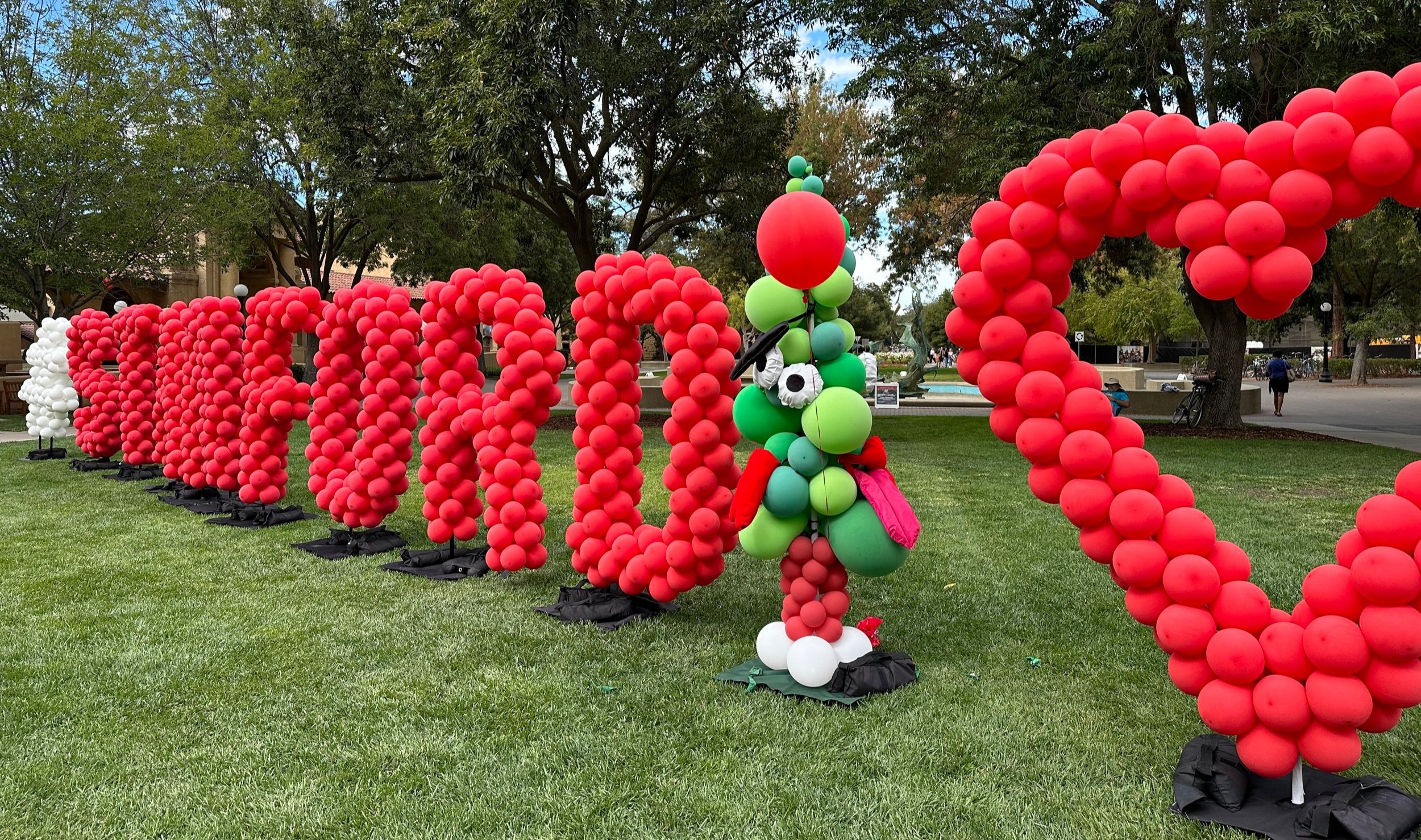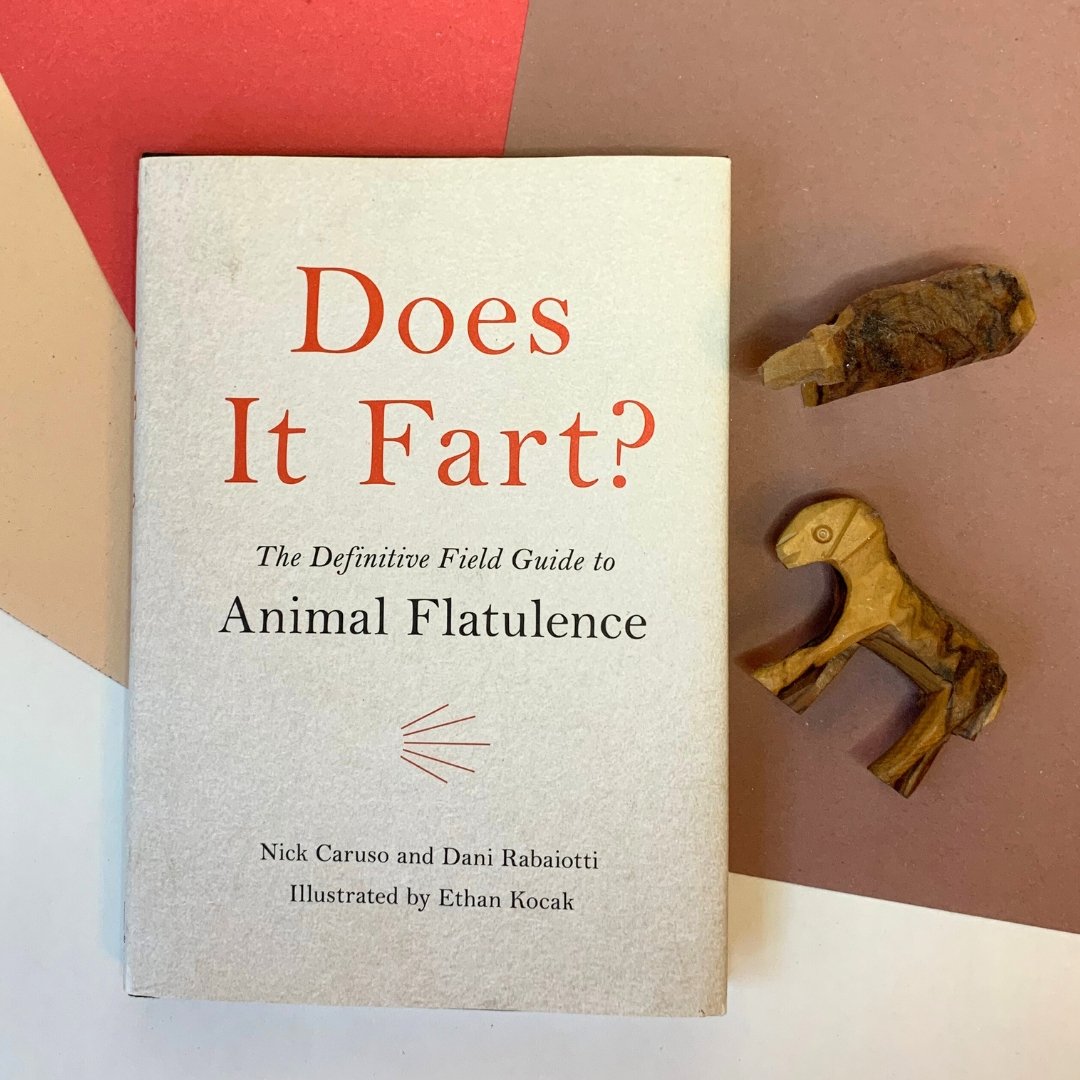
Designing for the student
Who am I designing for? I think I’ve been struggling with this because I’ve been coming at this from an educator solution perspective. Is this educator a classroom teacher? A STEM coordinator? A makerspace manager? A Girl Scout group leader? The answer is maybe all, or maybe none. A classroom teacher is going to be hemmed in by curriculum requirements and lack of class time and resources. The STEM coordinator or makerspace manager may present directly to students but may just work with teachers. The extracurricular group leaders feel like they are working the closest to where I want to be, but they are also usually not trained as educators.

Fall Quarter Reflection
When I started the quarter, I was new to the learning sciences, new to edtech, and new to being a student (again). To keep my reasons for being here front and center, I set up these goals for myself at the top of my Notion dashboard for the LDT program:
🌟 to gain an understanding of learning sciences and the edtech landscape
🌟 to build design skills and practice their application to learning tools
🌟 to develop learning tools that help create student-led learning experiences

Reflections on Accelerate EdTech Impact Summit 2024
Some reflections on use of AI in education after attending the Accelerate EdTech Impact Summit 2024. Dream Day, one of the tools in the student pitch competition, was developing a tool to coach students in their interests, skills and goals. It does this by using activities and questions designed to help students self-reflect. I wonder if this could be a way to help give students the same kind of support and coaching I’ve seen in observing great afterschool robotics teams. Could it act as a coach in a similar way by prompting reflection, and could it start to learn the student’s motivation and interests over time?

Gathering Insights
We know that well-designed hands-on learning experiences are valuable for students and lead to deeper understanding, but they are also time-consuming and difficult for educators to implement. How can we create tools for students and/or teachers to help facilitate experiences which offer deep learning in multiple areas? What are ways we can more effectively develop future-looking skills and help prepare students for a world which is changing rapidly?

Book Review: Does It Fart?
Yes, this is a Twitter hashtag turned into a book, and no, it’s not exactly a children’s book — but it’s not exactly not a children’s book, either. This is the kind of book that an 11-year-old and a 70-year-old can sit down and have a conversation about, and that is a rare and precious thing. I mean, who doesn’t want to know if octopuses fart?

Book Review: The Blood-Hungry Spleen
Check out this poetry collection to meet the twin kidneys Kendra and Kenneth, Boss Brain, an un-rankled ankle, and, of course, the Blood-Hungry Spleen.